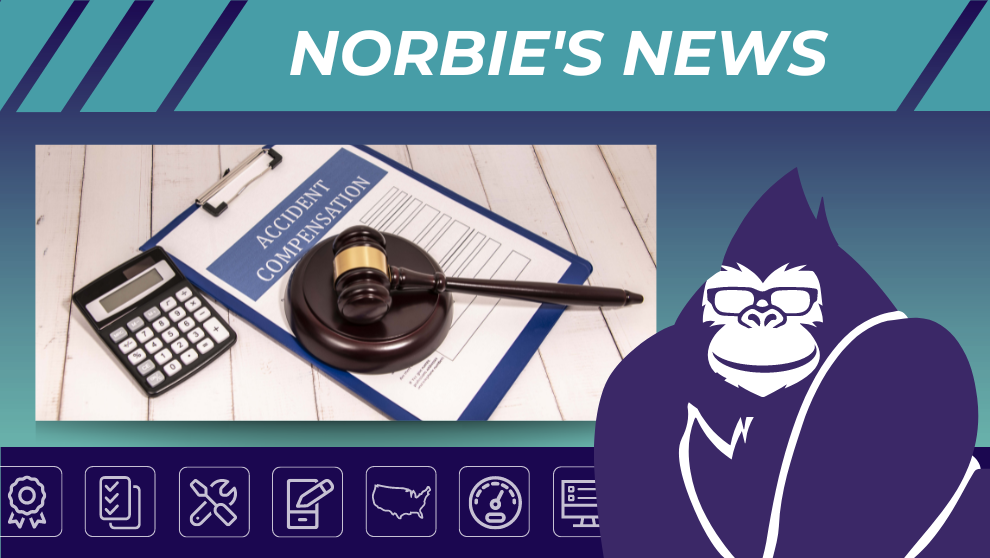
Understanding Claim Frequency, Severity, and Workers' Compensation Insurance Premiums
SHARE STORY
By Brad Dowling, VP of Workers' Comp
Insurance companies establish rates based on a number of factors, including the risk exposure that a particular policyholder may pose. They also consider the probability of a specific loss occurring and what it may cost them in the event of a covered claim — all of which helps insurers get a better sense of what to charge in premiums. The claim frequency and severity method is another way insurers estimate expected claim costs, and is especially important when it comes to workers’ compensation claims.
The claim frequency and severity method is considered the most accurate way for insurance companies to determine how much to charge a business in workers’ compensation insurance premiums [...]
The Difference Between Claim Frequency and Severity
Simply put, claim frequency refers to how often workers file on-the-job injury or illness claims. A high claim frequency indicates that a large number of claims is expected to occur over a given period of time. Claim severity refers to how much the claim ended up costing the insurer in total. Therefore, a high claim severity will be more expensive than an average claim severity, and a low claim severity will cost less.
However, claim frequency and severity are not always correlated. For example, a company may have a low claim frequency but a high claim severity. In this case, the company may have only a handful of WC claims, but each claim occurrence was for a serious injury that resulted in extremely high medical expenses, ongoing rehabilitation and long-term disability compensation. On the other hand, a company may have a high frequency of WC claims, but each claim involved only minor injuries, minimal medical care and short-term disability compensation.
According to International Risk Management Institute Inc., a variety of factors can affect claim frequency and severity:
- The industry and type of work
- Quality of the safety and health program an employer has in place
- How well employees are trained and supervised
- How readily available medical and rehabilitation services are
- An employer’s track record regarding compliance with laws and regulations
However, claim frequency and severity are not always correlated. For example, a company may have a low claim frequency but a high claim severity.
So, how does this method affect workers' compensation insurance premiums?
The National Council on Compensation Insurance uses the claim frequency and severity method to calculate the experience rating or modification factor for workers’ compensation insurance premiums. The experience rating or modification factor considers the loss history of one employer compared to the average loss history of other employers in the same industry and state. Insurance rates are then calculated by adjusting the base rate according to the determined experience rating or modification factor. It is this information that is used to either increase or decrease workers’ compensation insurance premiums – depending on the employer’s loss experience.
The claim frequency and severity method is considered the most accurate way for insurance companies to determine how much to charge a business in workers’ compensation insurance premiums, so they can confidently pay covered claims.
Reviewing WC claims and modification factors with your business clients every year can help them better understand where safety issues may exist in the workplace and be proactive in mitigating those risks.
Brad Dowling is the VP of Workers' Compensation at BTIS. For additional information, email bdowling@btisinc.com.
Builders & Tradesmen’s Insurance Services Inc.
BTIS is committed to providing robust, individualized products and the highest level of service. Our easy-to-use commercial insurance platform, educational tools, and helpful underwriters make it simple for producers to diversify their books of business by expanding their product portfolios.
Part of the Amynta Group, BTIS is a nationwide insurance intermediary with a small-business attitude. We believe in building solid relationships through communication and a genuine concern for the success of our retail broker clients and the policyholders they serve.
For additional information, visit www.btisinc.com or call (877) 649-6682


